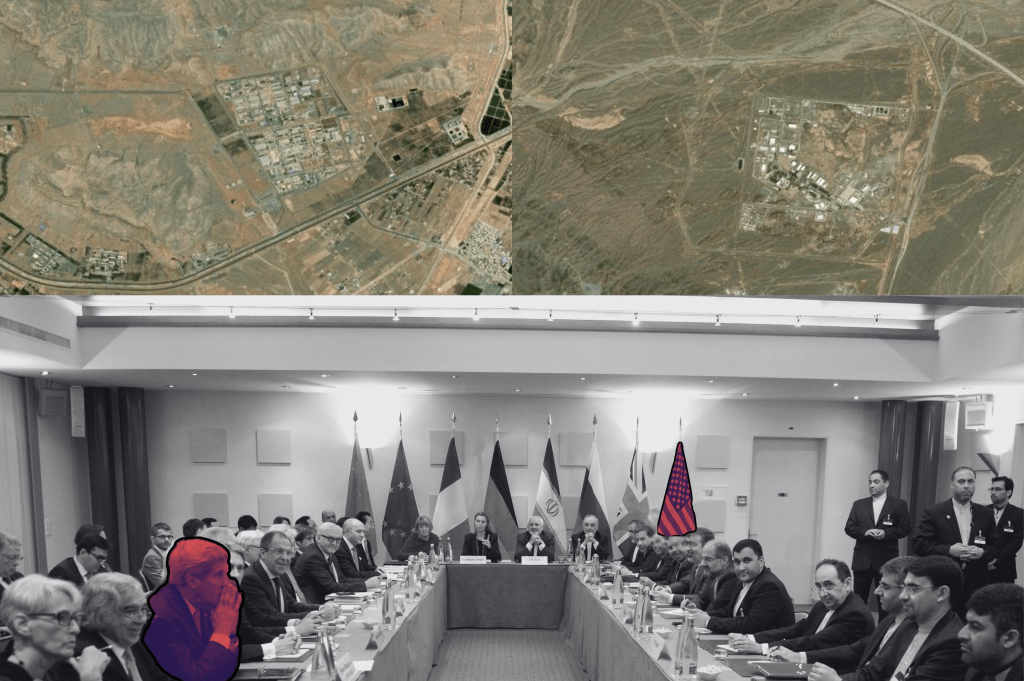Iran to continue meetings with UN nuclear watchdog

Isafan Nuclear Research Centre and Nantanz Nuclear Facility, June 19th 2025 P5+1 countries' foreign affairs ministers, the European Union and Iran meeting during the Iran Nuclear Deal talks, March 30th 2015
Iran will continue discussions with the International Atomic Energy Agency, or IAEA, with another round of negotiations being potentially imminent, a Foreign Ministry spokesperson announced to state media, according to Reuters on August 18th.
Inspectors from the UN’s nuclear watchdog have not gained access to Iran’s nuclear facilities since they were attacked by US and Israeli air strikes during the 12-day conflict in June, despite the IAEA’s chief, Rafael Grossi, stressing that inspections remain his top priority.
Spokesperson Esmaeil Baghaei told reporters: “We had talks (with the IAEA) last week. These talks will continue, and there will be another round of talks between Iran and the agency, probably in the coming days.”
The IAEA were tasked as international inspectors of Iran’s nuclear programme as part of the 2015 Joint Comprehensive Plan of Action (JCPOA), commonly known as the Iran Nuclear Deal. If there were found to be any breach of the deal, there would be an automatic reinstatement of UN sanctions or the so-called “snapback mechanism”.
Baghaei stated that if this mechanism is triggered, it “will be met with an appropriate and proportionate response from the Islamic Republic of Iran,” without providing specific details.
Tehran has consistently rejected Western allegations of a covert nuclear weapons programme, insisting it remains bound by the Non-Proliferation Treaty, which restricts atomic energy for only civilian purposes.
“The level of our relations (with the IAEA) has changed after the events that took place, we do not deny that. However, our relations…remain direct,” the foreign ministry spokesperson stated during the televised weekly news conference.
This apparent defusing of tensions follows a warning from France, Germany and the UK on August 13th to trigger “snapback” sanctions if Iran withdraws from the Non-Proliferation Treaty.
Previously on June 25th, Iran’s parliament voted in favour of a bill to end ties with the UN’s nuclear watchdog. The bill would suspend the installation of surveillance cameras, inspections, and the filing of reports to the IAEA due to a perceived lack of credibility as well as non-compliance and hypocrisy by co-signatories to the 2015 Iran Nuclear Deal.
However, the law remains effectively symbolic and still needs approval from Tehran’s Supreme National Security Council.
Reuters, Maghrebi.org
Want to chase the pulse of North Africa?
Subscribe to receive our FREE weekly PDF magazine














